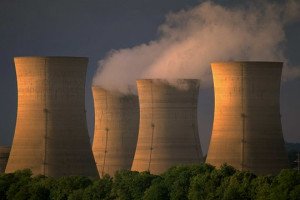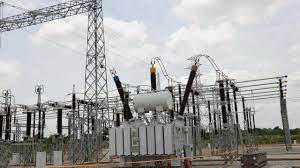 07 July 2014, Abuja — About $900 billion is needed to develop Nigeria’s energy sector in the next 30 years, Chairman Nigeria Atomic Energy Commission, Dr. Erepamo Osaisai has disclosed.
07 July 2014, Abuja — About $900 billion is needed to develop Nigeria’s energy sector in the next 30 years, Chairman Nigeria Atomic Energy Commission, Dr. Erepamo Osaisai has disclosed.
Osaisai noted that with dwindling proven reserves of crude oil and epileptic power supply, the amount is needed to finance power infrastructure as well as oil and gas facilities.
The NAEC Chairman disclosed this during a presentation to the visiting Deputy Director-General, Technical Cooperation, the International Atomic Energy Agency (IAEA), Dr. Kwaku Aning at Sheda, Abuja.
According to him, “In order to achieve the goals and objectives of the energy sector, Nigeria needs to increase its investment in energy infrastructure. From an integrated infrastructure master plan that has been developed for the country, the estimated requirement in the next 30 years $900b for the development of the energy sector.
“And of that amount $550b will be for power, while the balance $350 billion will be for oil and gas infrastructure which is quite a significant and huge amount of money. And I do not believe it is something government would be able to do without partnership with the private sector.
“But I think that is the genesis of why we need to implement nuclear power programme.
He noted that Nigeria had an abundance of most of the energy sources (fossil fuels, hydro, solar, tidal, geothermal, and biomass) for power generation which, if properly harnessed, could meet the country’s energy needs and generate export revenue.
Despite all these, he lamented that, the country’s per capital electricity generation was among the lowest in the world, limiting economic growth and productivity due to impact on practically all other sectors.
Osaisai pointed out that consideration of NPP (nuclear power programme) and its successful implementation would address the important and critical elements of long-term national energy security and sustainable development.
“Implementing a new NP programme is a daunting task which requires a serious national commitment over time and a properly structured national institutional framework for sustainability; the challenges are serious but surmountable”.
In his remarks, Aning expressed satisfaction at the progress made by Nigeria in its quest to have a 1000mw nuclear power plant by 2023.
*Obas Esiedesa – Daily Independent



